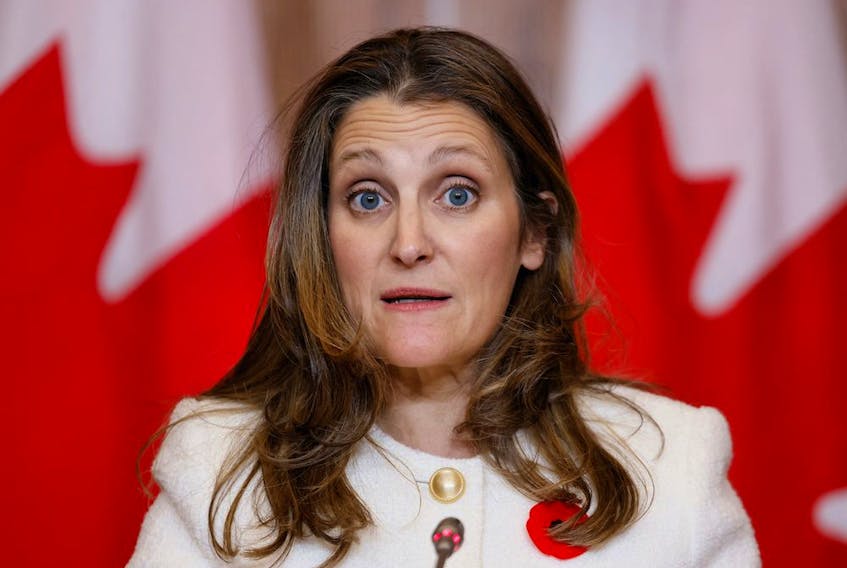
"Following the adoption of the Inflation Reduction Act in the United States, the need for a competitive clean technology tax credit in Canada is more important than ever," the statement said. It proposes a refundable tax credit equal to 30% of the capital cost of investments in electricity generation systems including solar photovoltaic, small modular nuclear reactors, concentrated solar, wind, and water (small hydro, run-of-river, wave, and tidal). The credits are also available for stationary electricity storage systems that do not use fossil fuels, low-carbon heat equipment, and industrial zero-emission vehicles, such as hydrogen or electric heavy-duty equipment used in mining or construction.
According to the statement the government will consult on "additional eligible technologies (eg large scale-nuclear and large-scale hydroelectric)". Further details will be in disclosed in the 2023 budget. The investment tax credit is expected to cost CAD6.7 billion ($5bn) over five years from 2023-24. It also includes up to CAD1.28 billion over six years for the Impact Assessment Agency of Canada and the Canadian Nuclear Safety Commission to increase their capacity and improve the efficiency of assessments.
John Gorman, President and CEO of the Canadian Nuclear Association (CNA) said including nuclear in the investment tax credit for clean energy technologies “is a major step forward for the industry”. He added: "It confirms what we at the CNA have been saying for years: that nuclear is clean energy, and must be a key part of Canada’s strategy to maintain energy security while reducing emissions on the path to net zero."
Image: Canada's Deputy Prime Minister and Minister of Finance Chrystia Freeland






